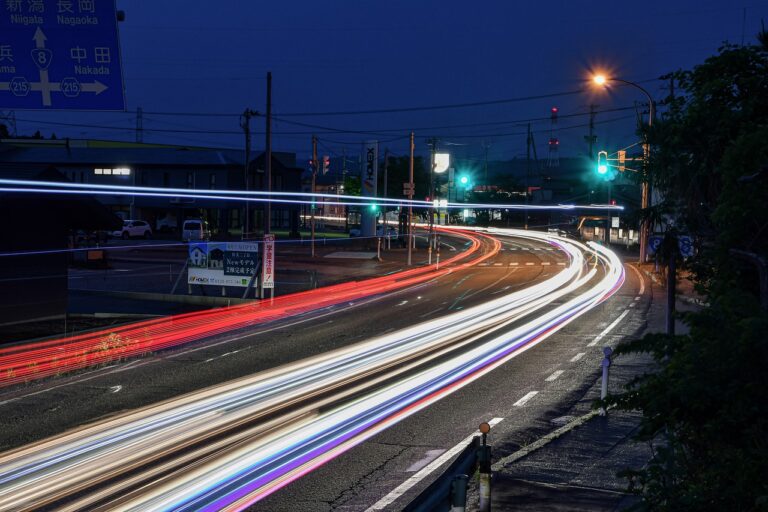The Role of Swarm Intelligence in Traffic Optimization Prototyping
betbhai9 login, radhe exchange registration, 99 exchange: Swarm intelligence is a fascinating concept that draws inspiration from the collective behavior of social insects, such as ants and bees, to solve complex problems. In recent years, researchers have been exploring the application of swarm intelligence algorithms in traffic optimization prototyping to improve the efficiency of transportation systems.
Traffic congestion is a major issue in urban areas around the world, leading to wasted time, increased fuel consumption, and air pollution. Traditional traffic optimization methods, such as traffic signal timing and route planning, have limitations in addressing the dynamic and unpredictable nature of traffic flow. Swarm intelligence algorithms offer a unique approach to tackling these challenges by leveraging the power of collective decision-making.
One of the key advantages of swarm intelligence algorithms in traffic optimization is their ability to adapt to changing conditions in real-time. These algorithms simulate the behavior of swarms of insects, where individual agents interact with their environment and each other to achieve a common goal. By mimicking nature’s decentralized and self-organized systems, swarm intelligence algorithms can optimize traffic flow, reduce congestion, and improve overall transportation efficiency.
There are several types of swarm intelligence algorithms that have been applied to traffic optimization prototyping, including Ant Colony Optimization (ACO), Particle Swarm Optimization (PSO), and Artificial Bee Colony (ABC) algorithms. These algorithms work by iteratively updating the position of agents in the swarm based on their interactions with the environment and other agents. Through this process of exploration and exploitation, swarm intelligence algorithms can efficiently search for optimal solutions to complex traffic optimization problems.
In traffic signal optimization, for example, swarm intelligence algorithms can dynamically adjust signal timings based on real-time traffic conditions to minimize congestion and reduce travel times. By modeling the interaction between vehicles and traffic signals as a swarm of agents, these algorithms can find optimal signal patterns that improve traffic flow and reduce delays for drivers.
Another application of swarm intelligence in traffic optimization is route planning, where algorithms can optimize the selection of routes for vehicles to minimize travel time and reduce congestion on road networks. By considering the collective knowledge of all agents in the swarm, these algorithms can identify the most efficient routes for each vehicle, taking into account factors such as traffic density, road conditions, and congestion levels.
In addition to traffic signal optimization and route planning, swarm intelligence algorithms have been used in other areas of traffic management, such as dynamic carpooling, traffic prediction, and autonomous vehicle coordination. These algorithms can optimize the allocation of resources, reduce energy consumption, and improve overall system performance in complex traffic environments.
Overall, the role of swarm intelligence in traffic optimization prototyping is to leverage the collective intelligence of agents to solve complex traffic problems in a decentralized, adaptive, and efficient manner. By harnessing the power of swarm intelligence algorithms, researchers and transportation planners can design more effective and sustainable transportation systems that benefit both drivers and the environment.
FAQs:
Q: What is swarm intelligence?
A: Swarm intelligence is a collective behavior exhibited by decentralized and self-organized systems, inspired by the behavior of social insects like ants and bees.
Q: How does swarm intelligence help in traffic optimization?
A: Swarm intelligence algorithms mimic the behavior of swarms of insects to optimize traffic flow, reduce congestion, and improve overall transportation efficiency.
Q: What are some examples of swarm intelligence algorithms in traffic optimization?
A: Some examples include Ant Colony Optimization (ACO), Particle Swarm Optimization (PSO), and Artificial Bee Colony (ABC) algorithms, which are used for traffic signal optimization, route planning, and other traffic management applications.
Q: What are the benefits of using swarm intelligence in traffic optimization?
A: Swarm intelligence algorithms can adapt to changing conditions in real-time, optimize traffic flow, reduce congestion, and improve overall transportation efficiency in urban areas.







